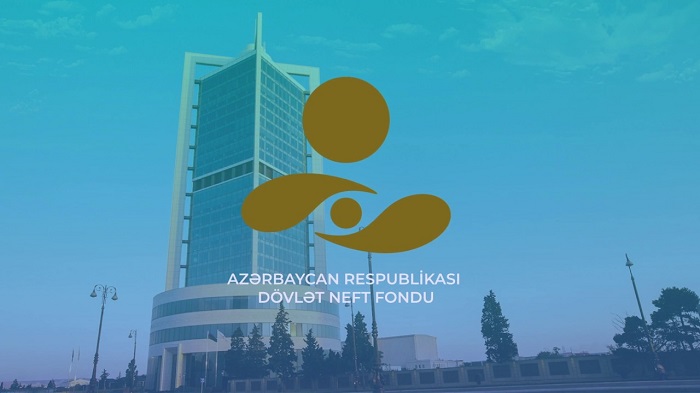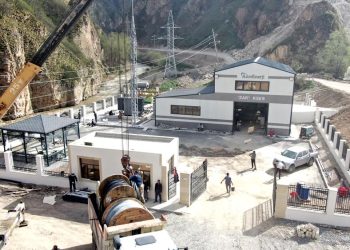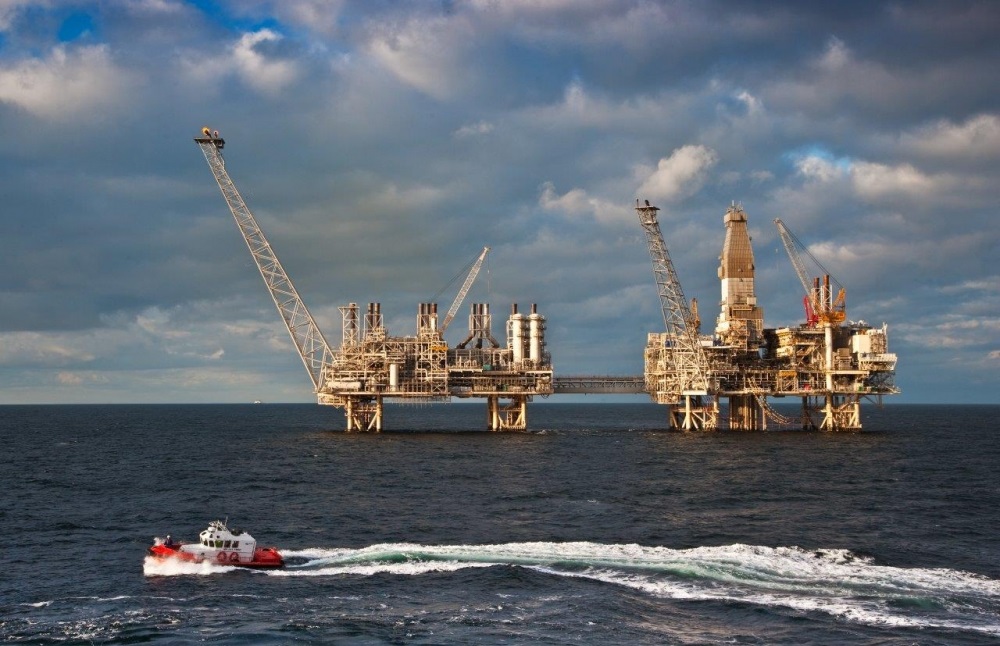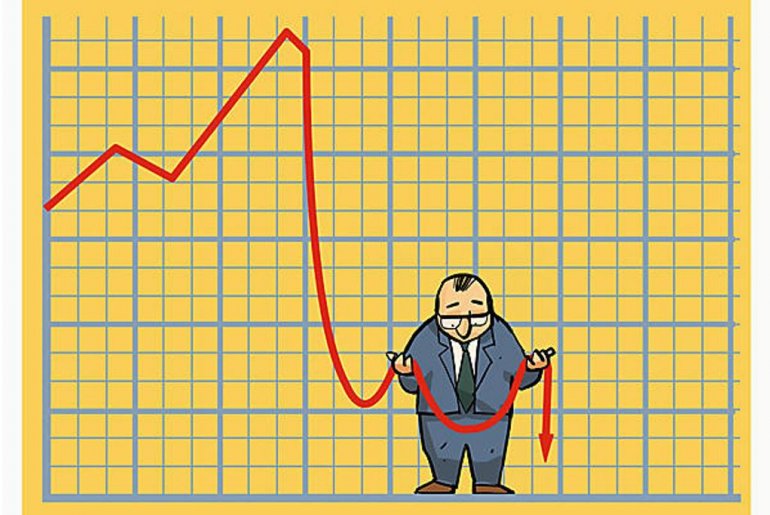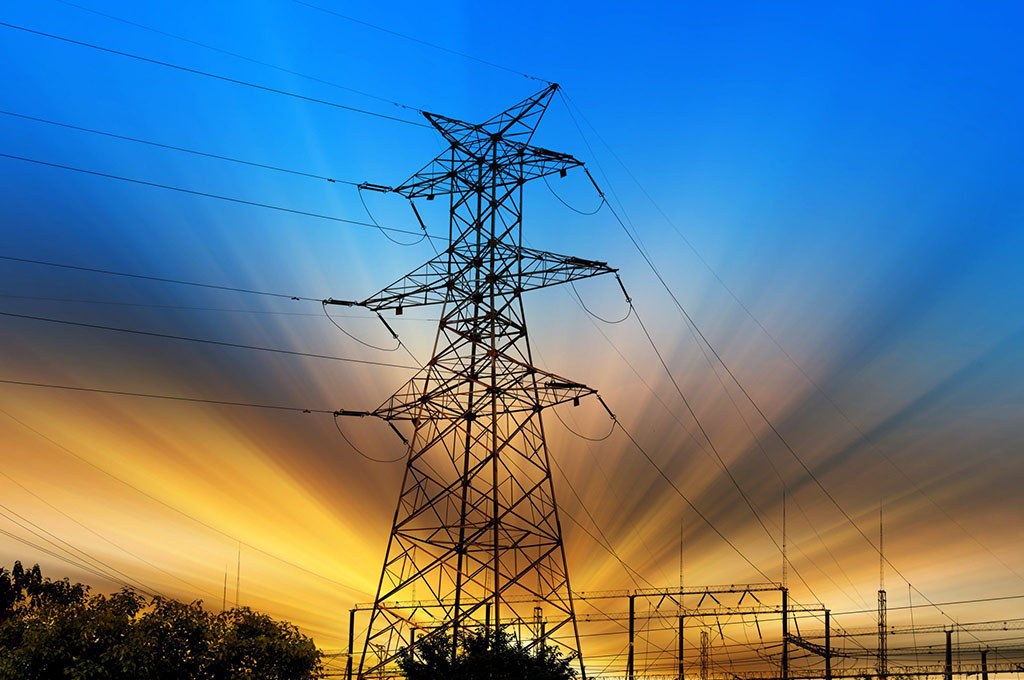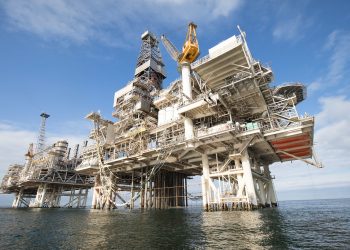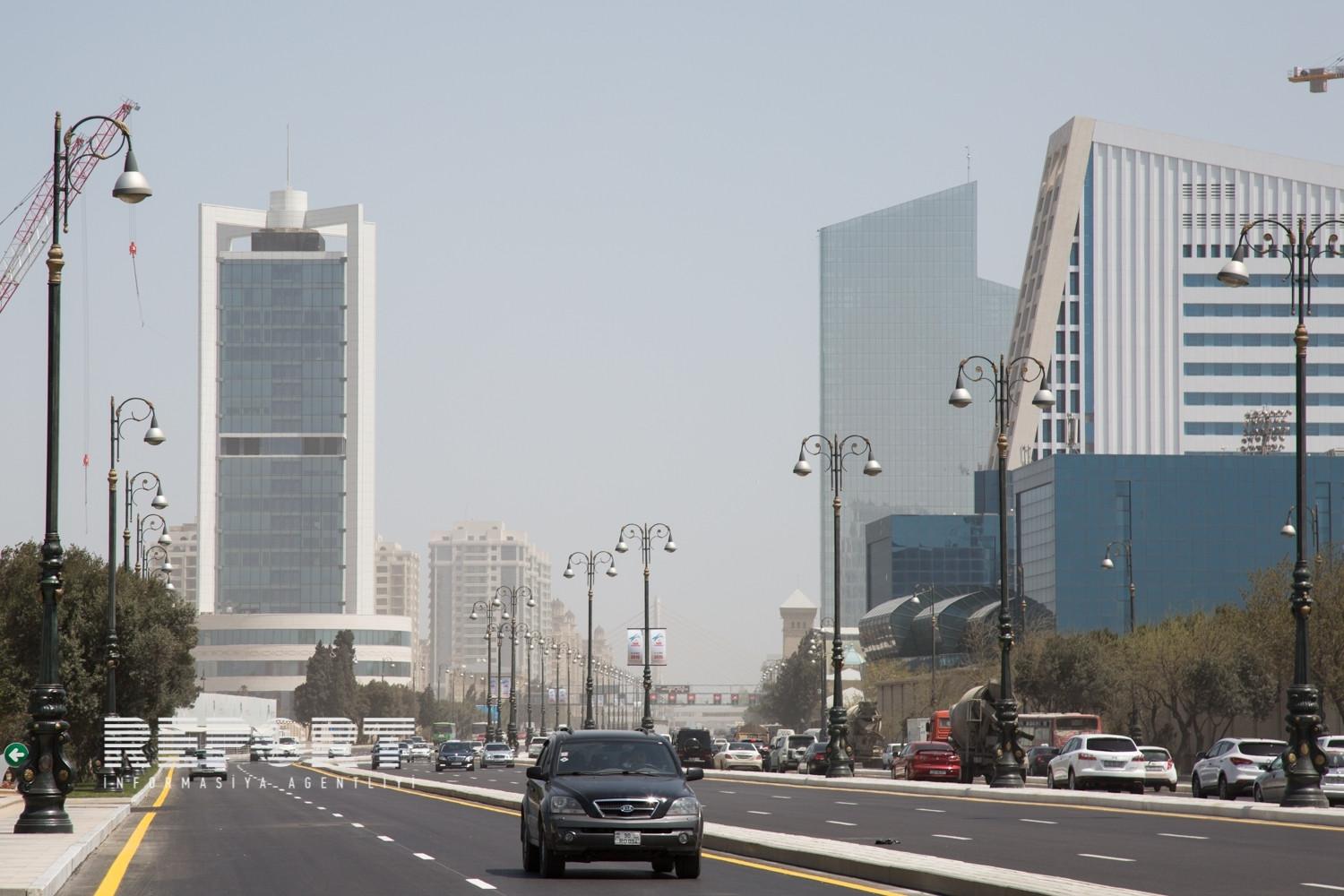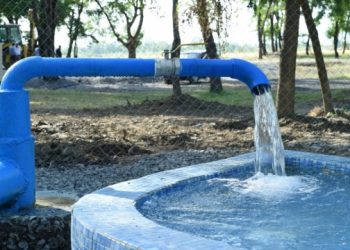 To help reduce Russia’s extensive energy influence in Europe, Greece and Bulgaria are moving ahead with a gas pipeline project that would make it more difficult for Moscow to bully its customers in the West. The FT reports:
To help reduce Russia’s extensive energy influence in Europe, Greece and Bulgaria are moving ahead with a gas pipeline project that would make it more difficult for Moscow to bully its customers in the West. The FT reports:
The 180km reverse-flow pipeline will be able to pump gas in either direction between Komotini, in Greece’s northeastern province of Thrace, and Stara Zagora in central Bulgaria. The [Interconnector Greece-Bulgaria (ICGB)] has €45m of EU funding and a €110m guarantee facility from Bulgaria, which could ensure favourable financing terms for a commercial loan. […]
In addition to boosting energy security for Bulgaria and Greece, ICGB would link central Europe to the so-called Southern Gas Corridor, a $45bn project to supply natural gas to Europe from Azerbaijan’s Shah Deniz 2 field in the Caspian Sea. […]The connector is part of a wider set of efforts to increase competition in the region’s markets. After prods from the European Commission, state-controlled Hungarian, Romanian and Bulgarian gas distributors have signed agreements opening their networks to alternative domestic and foreign suppliers.
Europe’s gas market doesn’t have a great history as being all that competitive, a fact that Gazprom has exploited to great effect. The Russian gas company has worked well as a geopolitical lever for Russia in Europe, and much of its success can be put down to its divide-and-conquer strategy, in which it has negotiated long-term take-or-pay contracts with its customers and used gas prices as a way to push or pull countries on the continent.
For Europe, then, diversifying away from Russian supplies and pursuing a more competitive gas marketplace are top priorities for the region’s energy security. To that end, the construction of new pipelines connecting various countries within Europe can be as important for diversifying away from Gazprom as the construction of LNG import terminals, because these so-called “reverse flow” networks allow customers to more freely trade hydrocarbons after purchase.The Russians for their part appear to be trying to rekindle interest in Greece for the project, if this vaguely worded Kathimerini dispatch is anything to go by. We might expect this to become a political football in the future, as Greece negotiates bailouts and migrant issues with Brussels.
http://www.the-american-interest.com/


